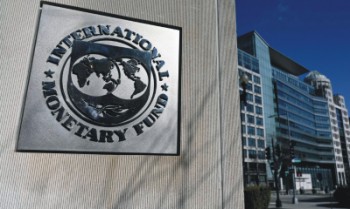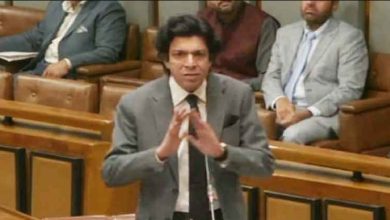
Pakistan’s economic stability is currently under intense scrutiny as the country engages in crucial negotiations with the International Monetary Fund (IMF) regarding its debt program. These discussions are pivotal for Pakistan’s financial health and broader economic prospects. This article provides an in-depth analysis of the ongoing IMF negotiations and examines their potential impact on Pakistan’s economy.
Current Status of IMF Negotiations: As of September 2024, Pakistan is in the midst of negotiations with the IMF to secure continued support under its Extended Fund Facility (EFF) program. The EFF, which was initially approved in 2019, aims to assist Pakistan in addressing balance of payments issues and implementing economic reforms necessary for sustainable growth.
Recent talks have focused on several key areas:
- Fiscal Consolidation: The IMF has emphasized the need for Pakistan to improve its fiscal discipline. This involves reducing budget deficits through increased tax revenues and curtailing non-essential expenditures.
- Structural Reforms: The IMF is pushing for structural reforms in various sectors, including energy, taxation, and state-owned enterprises. These reforms are intended to enhance efficiency, reduce corruption, and create a more conducive environment for investment.
- Debt Management: Addressing Pakistan’s high levels of public debt is a critical aspect of the negotiations. The IMF seeks assurances that Pakistan will implement strategies to manage and reduce its debt burden, ensuring that it remains sustainable in the long term.
- Monetary Policy: The IMF is also focusing on monetary policy adjustments, including measures to control inflation and stabilize the currency. Ensuring that the central bank adopts appropriate policies to maintain macroeconomic stability is a key condition for continued support.
Economic Implications of IMF Negotiations
The outcome of these negotiations will have significant implications for Pakistan’s economy. Here are some potential effects:
- Fiscal Policies and Public Services: The push for fiscal consolidation could lead to austerity measures, including cuts in public spending and increases in taxes. While these measures are intended to improve fiscal health, they could also impact public services and reduce consumer spending, potentially slowing economic growth.
- Investment Climate: Structural reforms mandated by the IMF could improve Pakistan’s investment climate in the long term. By addressing inefficiencies and corruption, the reforms may attract both domestic and foreign investors. However, the implementation of these reforms may face resistance and could disrupt short-term economic stability.
- Debt Sustainability: Effective debt management strategies are crucial for Pakistan’s financial stability. Successfully reducing the debt burden will help restore investor confidence and secure financial stability. Conversely, failure to manage debt effectively could lead to further economic challenges and potential default.
- Inflation and Currency Stability: Adjustments in monetary policy aimed at controlling inflation and stabilizing the currency are essential for economic stability. If successful, these measures could help maintain purchasing power and economic stability. However, any missteps could exacerbate inflationary pressures and currency volatility.
Public and Political Reactions: The negotiations with the IMF have sparked a range of reactions within Pakistan. There is considerable public concern about the potential impact of IMF-mandated reforms on daily life. Political leaders and civil society groups have voiced apprehensions about the implications of austerity measures and structural adjustments on the country’s socio-economic fabric.
Looking Ahead: The IMF negotiations represent a critical juncture for Pakistan’s economic future. Success in securing continued support from the IMF and implementing the necessary reforms could pave the way for a more stable and prosperous economy. However, the road ahead will require careful management of economic policies, effective communication with the public, and strong political will.
As negotiations continue, the government of Pakistan faces the challenge of balancing the demands of the IMF with the needs and expectations of its citizens. The outcome of these discussions will be closely watched by investors, policymakers, and the public alike, as it will significantly influence Pakistan’s economic trajectory in the coming years.
Conclusion: The ongoing IMF negotiations are a pivotal moment for Pakistan’s economy. The results of these discussions will shape the country’s economic policies and impact its financial stability. By addressing fiscal, structural, and monetary challenges, Pakistan aims to secure a sustainable path forward. However, achieving these goals will require effective implementation of reforms and careful management of the associated risks.




